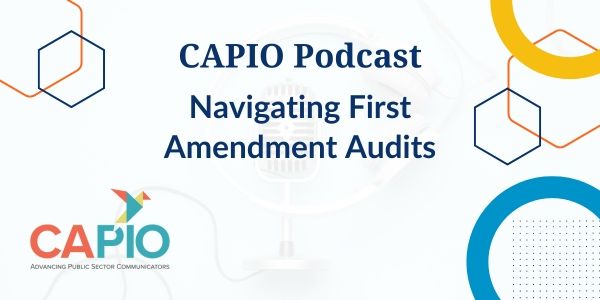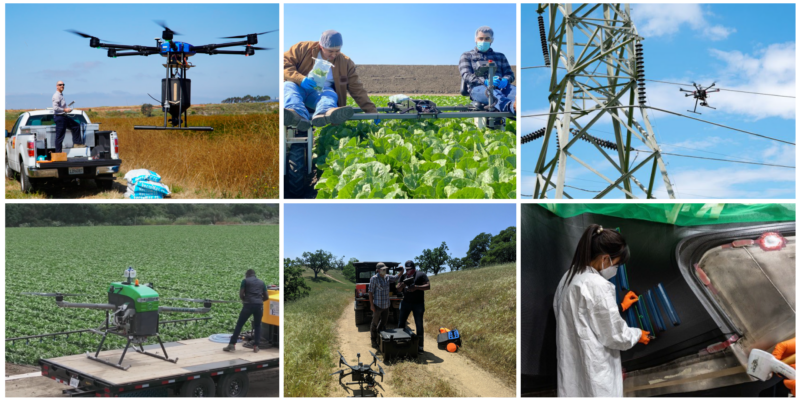Improving Work Group Performance Using Better Employee Engagement

Employee Engagement by Kris Humphries
RGS Human Resource Advisor
The theory that an engaged employee is a more productive employee seems to be a given and a rather obvious link in organizational development. Just as we ask our children, “Did you make any friends?” as a sign of success at a new school, team, or play group, human resources professionals have asked workers, “Do you have a best friend at work?” as demonstrating an employee’s engagement level at work. This question has been a primary link to show that employee friendships at work equate to higher employee engagement, performance, and productivity.
In an August 7, 2015 Harvard Business Review article titled “Stop Using Employee Friendships to Measure Engagement” Rodd Wagner, a former principal pollster at Gallup, now questions the utility of the “best friend” metrics he helped popularize and defended in the past. He states, “…over the past half-decade, I’ve grown increasingly skeptical about the utility of “best friend” metrics. First, because I believe organizations are incapable of manufacturing or improving such intimate personal connections and, second, because subsequent research has shown other (more easily influenced) factors to be more important drivers of engagement and performance. Should businesses care if their employees have healthy relationships? Sure. They serve as a source of positive emotion and support and can enhance productivity. Should they get involved in them? No. Friendships, by their very nature, arise naturally, not as part of a corporate initiative. Team-building exercises can, of course, allow people to get to know each other better, enhancing cohesion and understanding. But they don’t make everyone friends. No amount of organizational orchestration can foster those more personal bonds.”
I have worked in organizations with employee engagement strategies that have run the gamut from happy hours, book groups, softball teams, volunteering in the community, potlucks, lunch hour Cross Fit workouts, and even group meetings for Weight Watchers and dependents of substance abusers (this was a County Detoxification facility). My spouse and I have worked together in three agencies over the past 25 years so I certainly understand “friendship” in the workplace. In my HR life I’ve organized and attended countless retreats and offsite events designed to foster better employee relationships with the assumption that friendships = engagement = productivity. Yet I’ve noticed the “friendship” bonds formed do not necessarily equate to team performance; through these sessions and activities I may now know you better, like you as a “friend”, and have a newfound empathy for you knowing that you are having personal issues at home. But, as Wagner points out, “… according to our data, friendship ranks well below collaboration, teamwork, and coworker abilities for maintaining employee commitment and intensity. In fact, when all four of these issues are analyzed together relative to employees’ commitment to the company and intensity on the job, the effect of friendships is so weak it sometimes is not even statistically significant. The data say clearly: “If you want the most from me, give me talented colleagues and some key collaborators, and give us conditions that foster teamwork. If we become friends, that’s great, but not crucial.”
He continues, “The reason is simple: While friends might make you happy, teammates help you get things done. In a head-to-head match-up between the statements “I have good friends at my current job” and “I have many strong working relationships at my job,” the latter is a much better predictor of employees’ customer focus, innovative thinking, motivation to work hard, pride in their organizations and intention to stay in their jobs.
So if you’re a leader (or a pollster) looking to measure and boost engagement on your team and in your company, forget about friendship. Instead, concentrate on the aspects of work more powerful for performance today: individuality, pay fairness, transparency, meaning, future prospects, leadership opportunities, recognition, culture, freedom from fear, teamwork, and personal accomplishment. Rather than inquiring about “best friends,” decision-makers should ask questions such as:
* Do managers support each employee as a unique individual?
* Is pay fair, if not generous?
* Are leaders transparent?
* Is there a clear mission and do employees feel a strong connection to it?
* What paths do employees have to advancement?
* Do more junior people sometimes get to take charge?
* Are employees well recognized?
* Is this a cool place to work?
* Do people feel energized or fearful?
* How well do colleagues work together?
* How often do employees feel a sense of accomplishment?
We’ve found that the answers to these questions are not only highly correlated to strong engagement and performance, they’re also ones that you have the power to control. Each is well within the company’s jurisdiction — subject to the quality of leadership and managing — and not personally intrusive. No employee will balk about whether issues such as pay, work/life balance, or unified team objectives are part of a company strategy session. And should the job come to an end, no one expects those aspects to continue in the same way as would a friendship, which — it turns out — really wasn’t all that important to the business anyway.”
My take-away from Wagner’s article is this: as human resources professionals we should focus on creating and rewarding talented, innovative, diverse, high performing teams in our recruitment and selection efforts and strive to minimize the worth of “friendships” in the workplace to achieve the results we seek. In the public sector we may not have the latitude to reward high performing teams or even the luxury of creating solid work groups; we often manage the players we inherit. Perhaps changing the questions we ask at the time of recruitment, when onboarding an employee, during performance reviews, and at other times can guide the strategies we develop and the results we see.
Share this article
Stay Up-To-Date - Follow RGS on LinkedIn:
Latest articles
January 14, 2025
January 14, 2025
January 14, 2025



